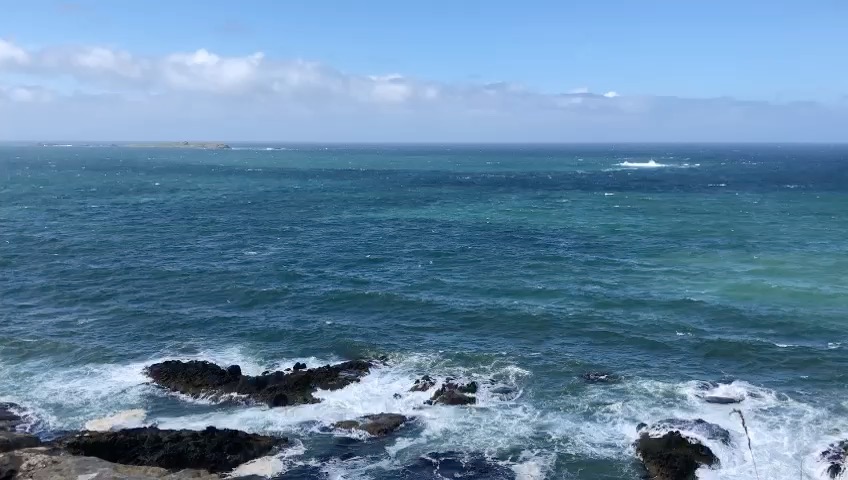If you refer to a navigation “chart” as a “map,” a sailor will be quick to correct you. This isn’t just a preference for nautical jargon. A map represents landforms that are mostly still. (A geologist will tell you that land does move, but very, very slowly!) A chart, on the other hand, is “hydrodynamic,” and captures data about something that is always moving. The tides rise and fall, currents shift with the time of day and time of year. Charts refer to tables which give you the maximum and minimum height of tides by date, and charts require a lot of interpretation. A bridge which you may sail under easily at noon on Sunday may be an impassable barrier at noon on Monday.
(Some people use map as a metaphor for the Bible. In this sense, I also prefer the chart metaphor, because it requires you to interpret it with reference to other information.)
The tides of San Carlos, where we learned to sail, were not as dynamic as in some parts of the world, where entire bays disappear as water follows the tug of the moon. It became clear as we learned more about charts why anchoring was one of the first skills taught to new sailors: where you choose to park your boat is a major safety issue. You could anchor in a place that seems safe, only to have the tide go out and leave your boat stuck on a sandbar. This could leave you listing dangerously to one side or even damage your boat. If you miscalculate, you could wait for months before a tide high rises enough to let you float free. Conversely, after you anchor, the tide could come in and lift your boat off of its secure anchor, setting you adrift while you sleep. Currents that shift with the tide can swing a poorly-placed boat into the path of its neighbors.

We’re dealing with tidal forces in the church these days, massive changes over which we have no control that make it difficult to know what safe harbor looks like. Climate change is a big one, and it’s one I’ve been trying to wake the church up to for years. But demographic, economic, and social change are other forces, currents that we have difficulty predicting.
This is part of why I chose “uncharted waters” as the metaphor for my renewal leave. “Uncharted” doesn’t simply mean “we don’t have a map.” It means that the ocean we’re on is constantly shifting, and places that were safe and predictable in the past are no longer. We cannot see what’s just under the surface of the water, and our ignorance keeps us in a constant state of vigilance. “Uncharted” is far more perilous than “unmapped” because it’s not just about knowing what direction to go; it’s about knowing when, if ever, we can let our guard down. It’s one reason we are often so tired these days.

Charts are not as important on the open ocean, where you can navigate by looking at the sky. It’s coastlands where charts become important: your departure and destination.
It is astonishing to me how people without GPS have crossed oceans. Polynesian people navigated with little more than ancestral knowledge, the sky, and measurements taken with their hands. They sailed enormous distances across the Pacific Ocean generations before their European sailing counterparts crossed the much-smaller Atlantic. In the West, the history of navigation is bound up with colonialism and slavery, which are in turn bound up with the church and its history of mission. But I thought it would be important to look at all of it, to get the big picture, if I was going to understand what “navigating uncharted waters” means as a church.

On our trip, we made it a point to visit some important sites in the history of Atlantic navigation: Greenwich and the National Maritime Museum in London, the port cities of Nantes, France and Belfast, Ireland. We developed our itinerary around the history of the Reformation and the history of navigation. All of this was meant to help us understand our own moment in history, where we are sailing without a chart.
Prayer: Help us navigate by the stars, and thank you for watchers who alert us to unseen hazards. Give us safe harbor and time and place to rest.
—Rev. Dr. David Barnhart, Jr.
(You can support the ministry of Saint Junia United Methodist Church by clicking here.)













